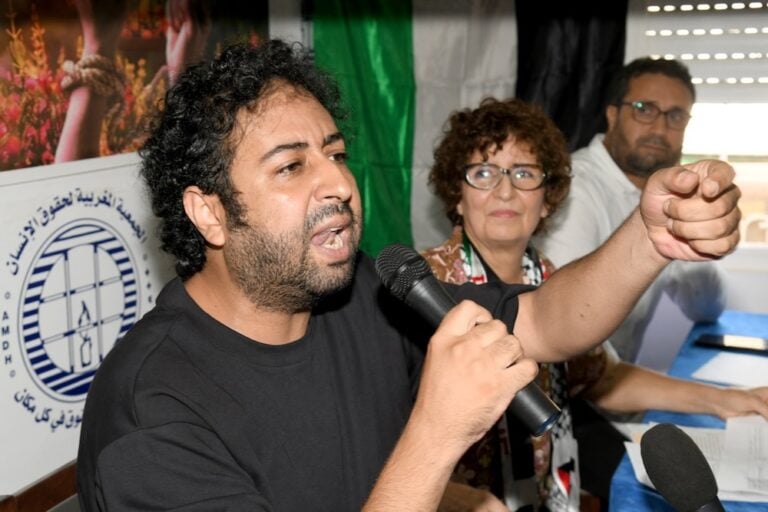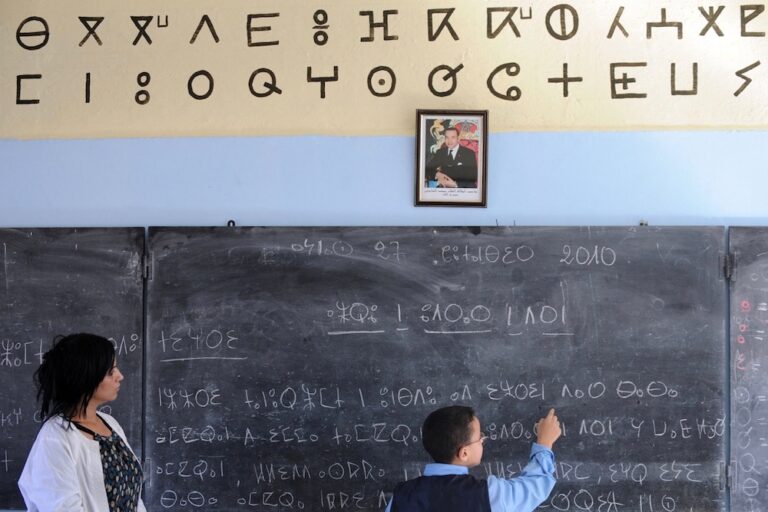(RSF/IFEX) – In a letter to Interior Minister Ahmed Midaoui, RSF protested the close surveillance of journalist Joseph Tual, of France 3 television, and the confiscation of his video cassettes by customs services at the Rabat airport. RSF asked the minister “to provide an explanation for these measures, which are an attack on the right […]
(RSF/IFEX) – In a letter to Interior Minister Ahmed Midaoui, RSF protested the close surveillance of journalist Joseph Tual, of France 3 television, and the confiscation of his video cassettes by customs services at the Rabat airport. RSF asked the minister “to provide an explanation for these measures, which are an attack on the right to inform”. “We regret that the security reflex which has reemerged in recent weeks with regard to Moroccan journalists is now targeting foreign journalists. Contrary to what we were led to believe a few months ago, the authorities do not appear to be allowing for greater press freedom,” added RSF Secretary-General Robert Ménard. RSF recalled that since the beginning of the year, Moroccan authorities have imposed a circulation ban against seven newspapers, including two French papers (“Jeune Afrique – L’Intelligent” and “Le Figaro”).
According to the information collected by RSF, between 3 and 9 June 2000, Tual, a journalist with France 3 television who was covering the Ben Barka affair, was shadowed everywhere by a dozen plain-clothes police officers, who trailed him in unmarked cars and motorcycles. On the day of his departure, Tual’s vehicle was searched by the same police officers at the Rabat airport. After checking his luggage and going through customs, the journalist was taken to a police office at the airport, where an officer interrogated him about the purposes of his trip. His luggage was searched and the video cassettes inside his bags were confiscated. Tual’s itinerary and notes were forcibly taken, but were returned to him twenty minutes later after he protested.


